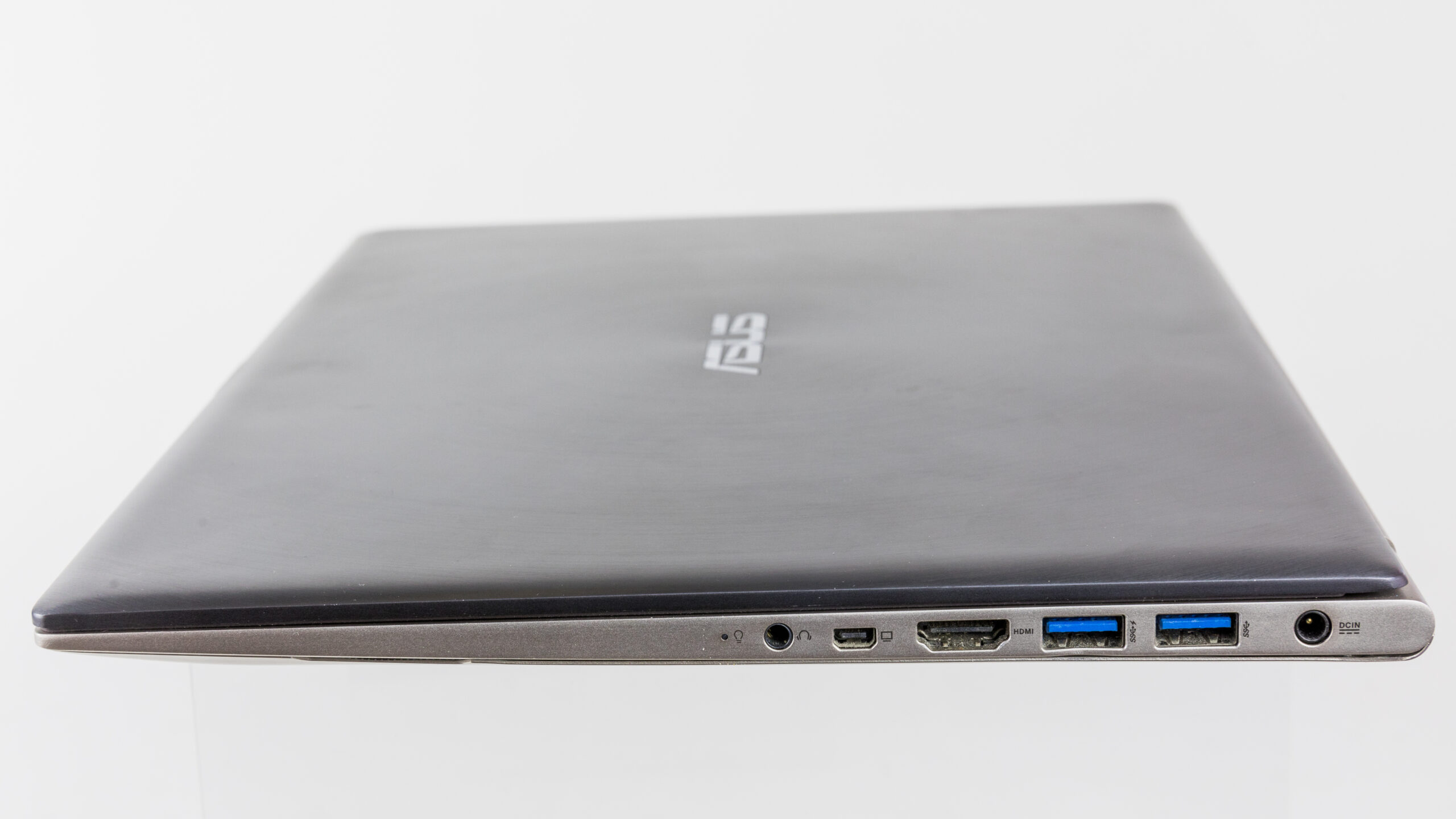
Asus has shifted the majority of its US-bound production away from China, a move driven by rising tariff threats from President Donald Trump.
“For both motherboards and PCs, we are expanding production bases in Southeast Asia beyond China. This includes sites in Thailand, Vietnam, and Indonesia,” Asus executives said during a translated earnings call on Wednesday. Over 90% of manufacturing for these products is now handled in these regions.
Tariff Landscape and Current Pause
In April, Trump floated tariffs as high as 145% on Chinese imports, but these have been paused at a current rate of 30% while US-China trade talks continue. Negotiations have yet to produce a deal, and Trump has extended the tariff pause until November 10.
The PC industry has largely avoided the brunt of Trump’s trade measures, thanks to exemptions for chips, computers, and phones. Asus confirmed most of its products remain under the US-China exemption list — for now.
Trump has recently indicated plans for a 100% tariff on foreign chips. Such a move could impact imports of computers, phones, and monitors, though companies investing in US-based manufacturing may receive carveouts. Nvidia and Taiwan’s TSMC could avoid penalties, given their billion-dollar US factory investments.
“As many of you know, TSMC manufactures a large share of chips used in our components through various suppliers,” Asus executives noted. “How those exemptions are calculated will matter. But again, we will need to wait for the official announcement.”
Possible Price Hikes Ahead
If new tariffs raise costs beyond what Asus can absorb, prices may increase. “Then we would inevitably need to pass some of that cost on, either to consumers or to distribution channels,” executives said.
Trump’s existing 20% tariff on Chinese imports — with no apparent exceptions — remains in place. The White House is also considering reinstating a 25% tariff on Chinese-made graphics cards and motherboards later this September.
Author’s Opinion
Shifting production out of China before tariffs hit full force is a smart, defensive move for Asus. It helps protect supply chains and cushions the blow for US consumers in the short term. But if chip tariffs go ahead without broad carveouts, no amount of relocation will fully protect PC prices from rising. In the end, buyers may still pay more, and the industry could face a more fragmented, less efficient supply network.
Featured image credit: Wikimedia Commons
For more stories like it, click the +Follow button at the top of this page to follow us.
